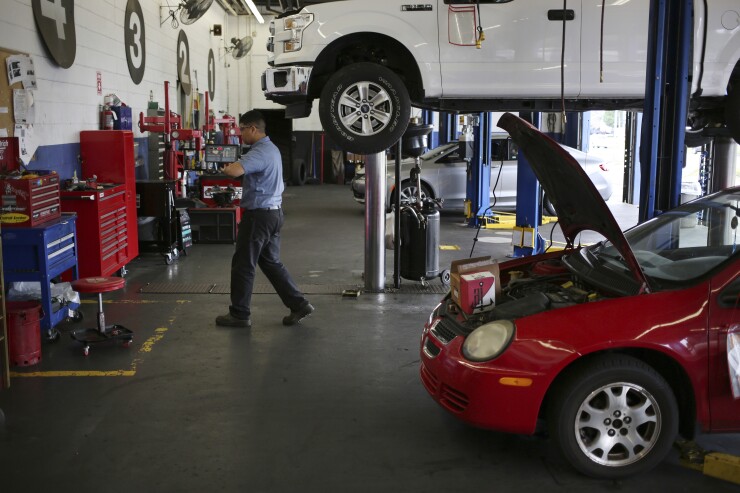Our daily roundup of retirement news your clients may be thinking about.
Retirees often underestimate the cost of transportation, which is the second largest expense for people aged 65 and older based on data from the Bureau of Labor Statistics, according to this article on personal finance website Motley Fool. The cost can be bigger than they anticipated because they tend to become more dependent on vehicles as they age, which means they have to cover the costs of fuel, repair and maintenance and insurance. To minimize transportation costs, retirees are advised to avoid owning a vehicle if possible and consider moving to a location with a good transportation system or walkable access to hospitals, restaurants and other establishments.

As longevity has increased in recent years, couples should adopt a more holistic approach to planning for retirement to ensure that they will be better prepared for the possibility of both partners living to different ages, writes an expert on The Wall Street Journal. “Couples face a range of outcomes—for any given year, there is a chance that both, neither or one member of the household will be alive and need to rely on retirement savings,” the expert writes. “If a couple discovers there is a modest chance that at least one spouse will live into their late 90s, it could impact how they view their retirement plan.”
Clients should ensure that their retirement plans take into account three major risks, namely out-of-pocket medical expenses, cognitive decline and widowhood, according to this article from MarketWatch. “In the future ... the adverse effects of these risks are likely to become more significant, because the age 75+ population is projected to more than double between now and 2040,” writes outside contributor Alicia Munnell, director of Boston College Center for Retirement Research. “The likelihood of physical and cognitive problems rises sharply after 75; health care costs will grow more rapidly than income, and the older population will increasingly rely on modest 401(k) balances that are difficult to manage.”
Seniors are advised to determine the cash flow in the first three to five years of retirement before leaving the workplace for good, according to this article from Money. Financial advisors say that doing this will give seniors a more disciplined mindset as they transition into retirement. “[M]ore importantly, it will also help you resist the urge to pull your money out of the market if stocks start to slide — a rookie mistake that financial advisors say tempts many during the kinds of markets conditions we’ve seen of late,” the article says.





